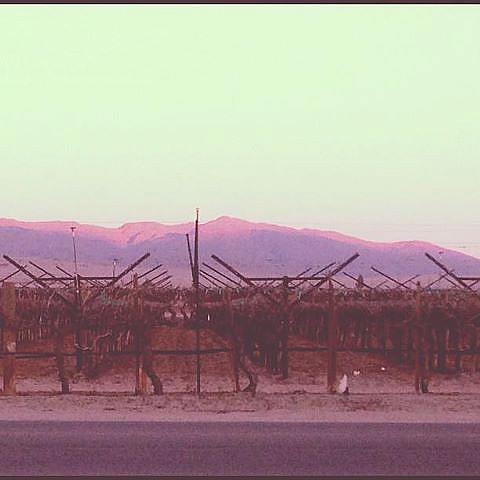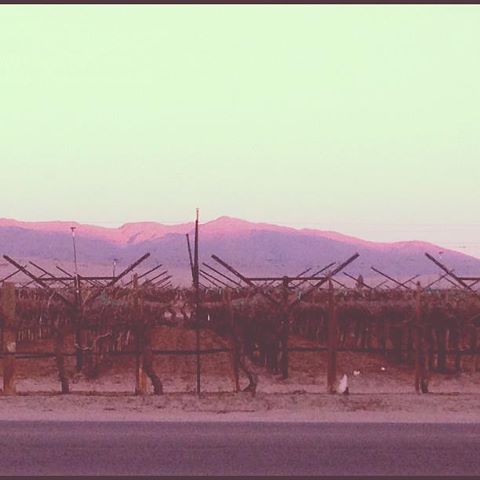EVENT: Zócalo Public Square examines rural healthcare

Does rural healthcare have a future? And how can we ensure that rural California residents have access to decent healthcare, as doctors are becoming scarce?
Those are the question that will be discussed during a Zócalo Public Square event in Fresno on Tues., Feb. 28. During the event, I will join fellow panelists Dr. Marcia Sablán, a family physician in Firebaugh, and Herrmann Spetzler, Open Door Community Health Centers CEO, to delve into this issue.
 From my community health reporting in the San Joaquín Valley, I've learned that rural healthcare is essential and thriving. But there are significant challenges, too.
From my community health reporting in the San Joaquín Valley, I've learned that rural healthcare is essential and thriving. But there are significant challenges, too.
Dr. Victor Silva's experiences exemplify these challenges. Silva was raised in Orange Cove by farmworker parents, and is now a medical resident with UCSF Fresno, working at Adventist Medical Center in Selma.
Compared to when he was growing up, he believes residents of rural communities now have more access to medical care, as more clinics have opened. But, he said, "as far as patients taking advantage of it – who know how that's going."
Transportation – especially to receive specialty care – is one of the biggest barriers to care, Silva said. His facility responds to this by bringing some specialists – like cardiologists, urologists, and orthopedists – directly to Adventist Medical Center, at least once a month.
Still, he said, "when we have to send our patients to Fresno for specialty care, a large percentage of those visits – they never make it."
Transportation becomes a huge issue in emergency situations – like pregnancy, he said. He told the story of a pregnant woman who called an ambulance to travel from San Joaquín to Selma – a trip of at least an hour – because she was having contractions. When he asked why she called the ambulance, she said she didn't have a ride, and she was very scared.
Residents of rural communities also face challenges in managing chronic medical conditions, like diabetes, he said. "If people don't see the physical manifestations on a daily basis, that makes it hard," he said. "When they are not seeing physical manifestations, they tend not to come in for just maintenance care."
But as we will discuss during the event, providing this care is becoming difficult – especially as budget cuts strain the safety net, at a time when clinics are also preparing for the influx of new patients who will gain health insurance through the Affordable Care Act.
What other challenges does rural healthcare face? To find out, and to add your voice to the discussion, join us on Feb. 28 at 6:30 p.m. at Café Revue, 620 E. Olive Ave. The event is sponsored by The California Wellness Foundation and Valley Public Radio.
This blog was cross-posted from Harvesting Health.
